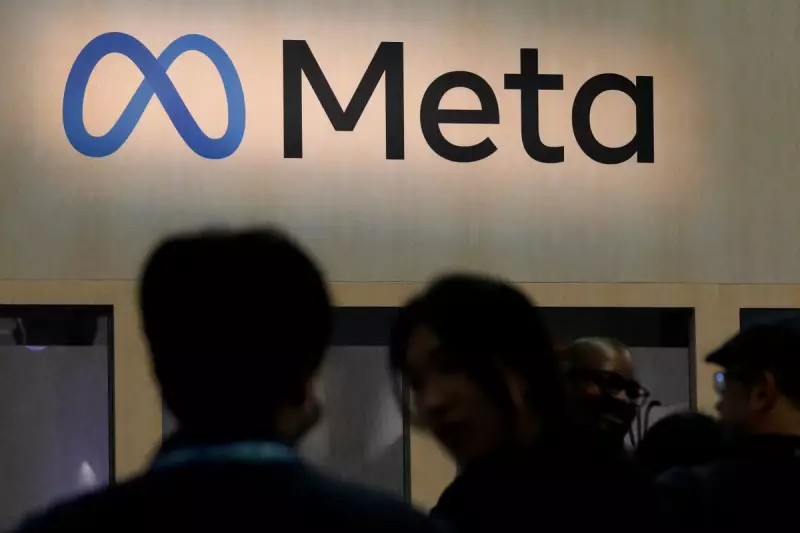
In a landmark ruling with significant implications for digital rights across Europe, a Madrid court has ordered social media behemoth Meta to pay substantial damages to a consortium of Spanish media outlets.
The Court's Ruling and Its Basis
The Mercantile Court Number 15 in Madrid delivered its verdict on Thursday, 20th November 2025, compelling Meta, the parent company of Facebook and Instagram, to pay €481 million (approximately $554 million) in damages. The case was brought by 81 Spanish legacy media companies who argued that Meta had exploited an unfair market advantage.
The court found that Meta had systematically extracted the personal data of internet users in direct violation of European Union law. This illicitly gathered data was then used to create highly targeted and effective advertising, which the Spanish online media sector could not hope to match. The court stated, "The illicit treatment of this enormous quantity of personal data meant Meta had an advantage that Spanish online media could not match." This activity was found to have directly harmed the advertising revenues of the digital media outlets.
A Pattern of GDPR Violations
The judgment concluded that Meta had been in breach of the EU's General Data Protection Regulation (GDPR) for a period of five years. The GDPR, enacted in 2018, mandates strict technical and organisational measures to protect user privacy. According to the court, it was only in 2023 that the American tech giant updated its legal basis for consent regarding personal data compilation to align with European standards.
This is not an isolated incident for Meta within the EU. In 2022, Irish regulators imposed a €265 million fine on the company for similar data protection failures. The Spanish court noted that its recent ruling could influence other pending legal cases in Europe, including a parallel action in France.
Meta's Response and the Wider Context
Meta has vehemently opposed the decision, announcing its intention to appeal. The company labelled the ruling as "baseless" in an official statement, arguing that it "lacks any evidence of alleged harm and willfully ignores how the online advertising industry works." Meta maintains that it complies with all applicable laws and provides users with transparent choices and control over their data.
This legal battle occurs against a backdrop of ongoing tension between major tech firms and European regulators. While Meta has been lobbying for the EU to relax its stringent data regulations, which offer far greater user protection than those in the United States, this ruling reinforces the EU's firm stance. In a related development, Spain's financial markets supervisor recently fined Elon Musk's X platform €5 million for allowing an unauthorised cryptocurrency platform to advertise.
The outcome of this case is being closely watched, as it sets a powerful precedent for how EU data norms are enforced against the world's largest technology companies.





